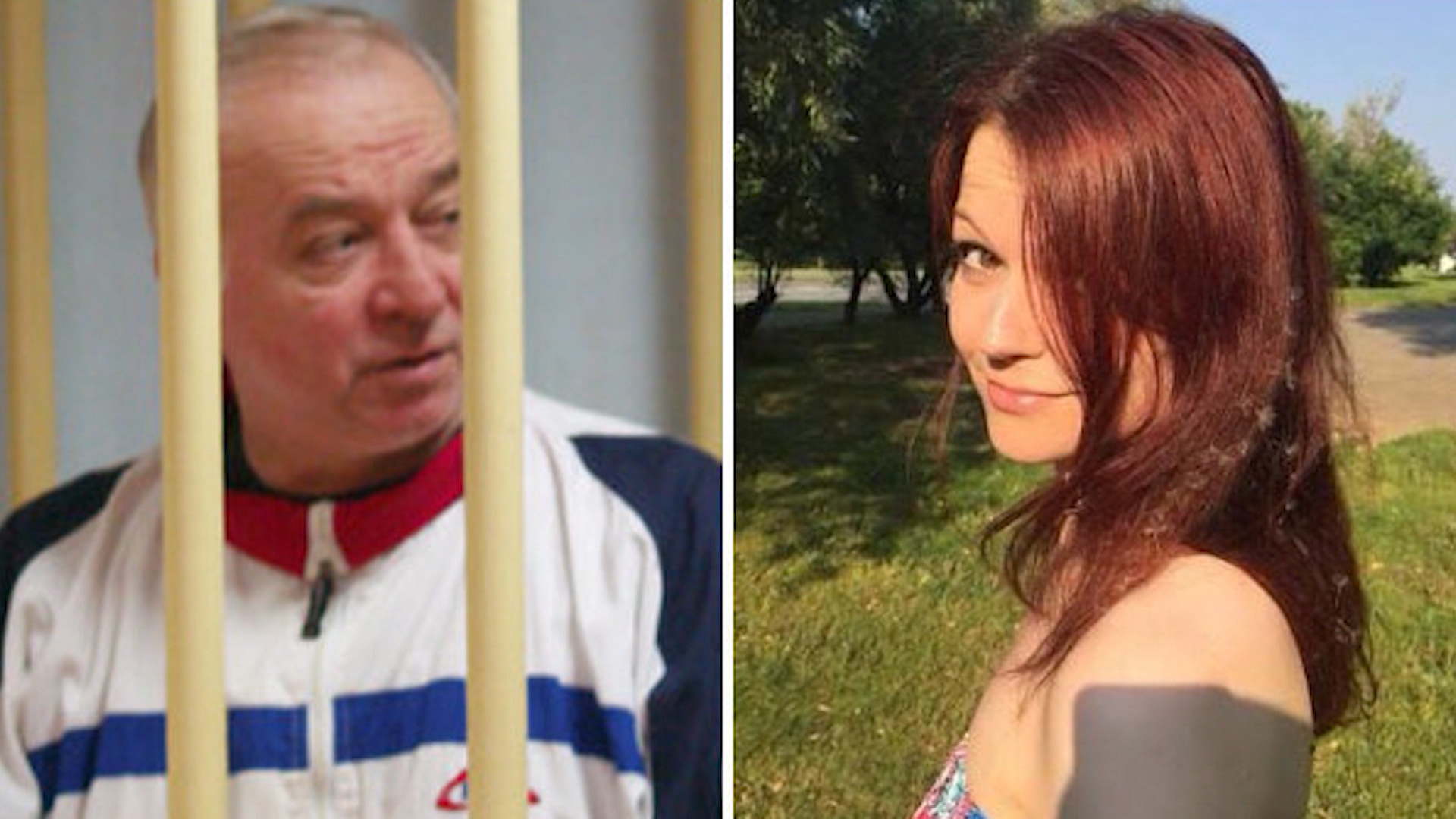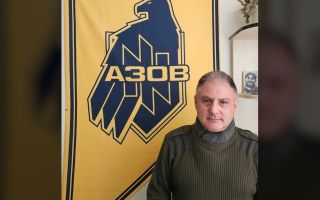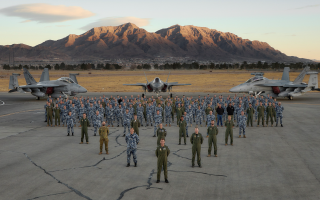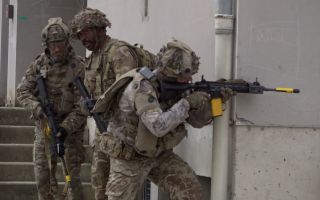GCHQ Chief Hails Success Of 'Major' Cyber Crackdown On Islamic State
The head of the GCHQ intelligence agency has said Islamic State terrorists struggled to promote their ideology of hate online after the UK launched its first cyber campaign against extremists.
In his first public speech since becoming head of GCHQ last year, ex-MI5 senior officer Jeremy Fleming, said the UK cyber attack on IS, also known as Daesh, was "too sensitive to talk about in detail" but his organisation and the Ministry of Defence had conducted a "major offensive".
Speaking at CYBERUK18, a conference hosted by the National Cyber Security Centre, Mr Fleming also touched on the Salisbury nerve agent attack, saying it showed how “reckless” Russia was prepared to be.
He went on to accuse the Kremlin of not “playing by the same rules” and described recent actions by Moscow as “particularly stark and shocking”.
On the cyber campaign, Mr Fleming said: "These operations have made a significant contribution to coalition efforts to suppress Daesh propaganda, hindered their ability to coordinate attacks, and protected coalition forces on the battlefield.
"Cyber is only one part of the wider international response.
"But this is the first time the UK has systematically and persistently degraded an adversary's online efforts as part of a wider military campaign. Did it work? I think it did."
He went on to say that in 2017, there were times when Daesh found it almost impossible to spread their hate online, to use their normal channels to spread their rhetoric, or trust their publications.
Mr Fleming gave an overview of the changing threats amid the unrelenting pace of technological advances, which challenges UK national security.
He added:
"Hostile states, terrorists and criminals are emboldened and assisted by technology."

Of the Salisbury attack, Mr Fleming said: "It demonstrates how reckless Russia is prepared to be. How little the Kremlin cares for the international rules-based order. How comfortable they are at putting ordinary lives at risk.
"The robust response from the UK and from the international community shows the Kremlin that illegal acts have consequences.
"And it looks like our expertise on Russia will be in increasing demand."
Former double agent Sergei Skripal and his daughter Yulia were poisoned with a nerve agent thought to have been ordered by Moscow more than a month ago, leaving the pair seriously ill in hospital.
The international chemical weapons watchdog has backed Britain's findings about the identity of the chemical used in the Salisbury nerve agent attack
The Organisation for the Prohibition of Chemical Weapons (OPCW) today published an executive summary of its findings relating to the Salisbury poisonings.
The summary released by the OPCW confirmed the assessment of the UK Government but does not directly name Novichok - the military grade agent developed by Russia which Britain has said was used - or identify the source of the chemical.
The findings were welcomed by Foreign Secretary Boris Johnson who said they backed Britain's assertion that only Russia could have carried out the attack.
Cover Picture: Owen Humphreys/PA Wire/PA Images









